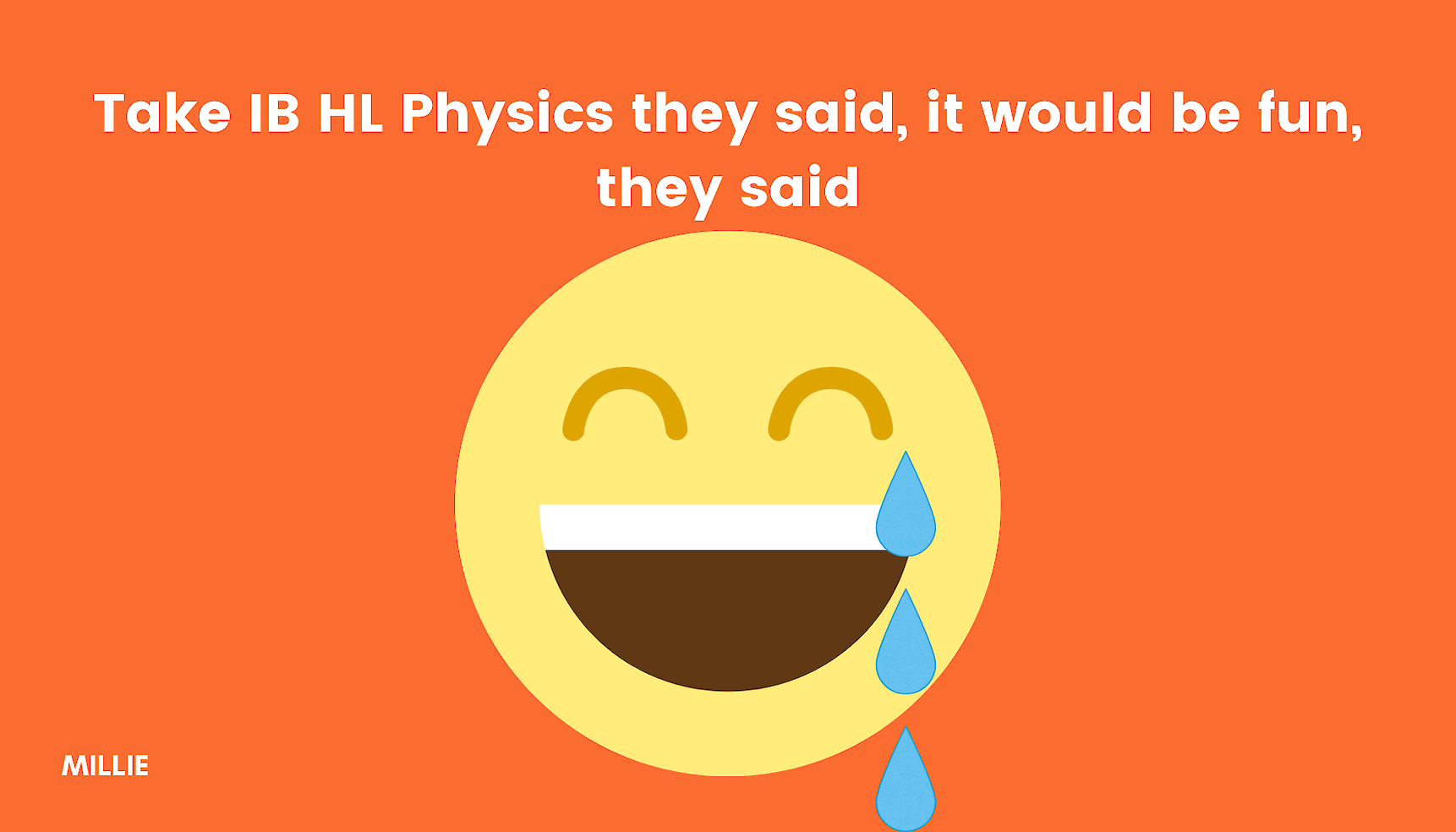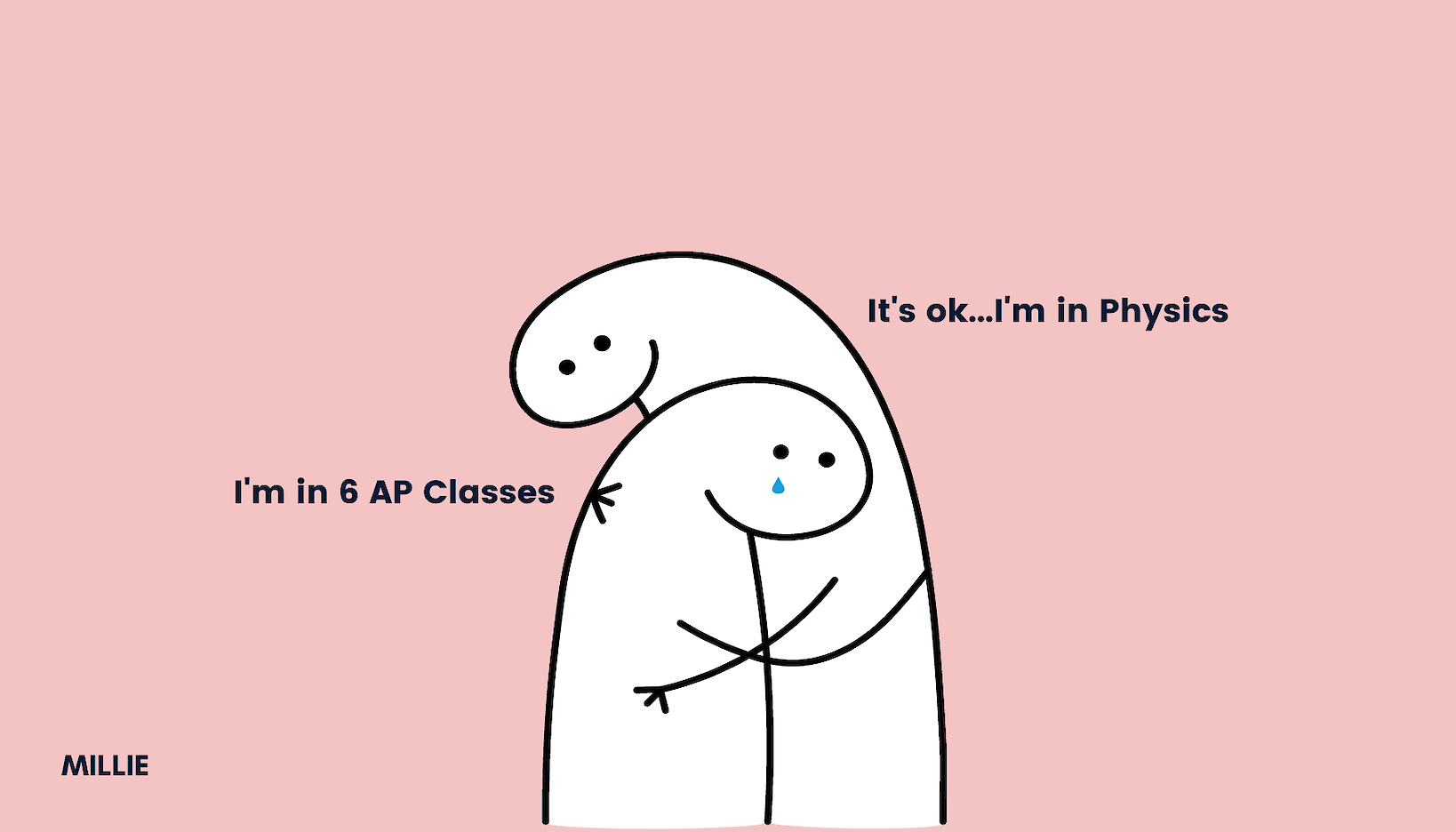Which One is the Hardest? AP vs. IB vs. A Levels: Physics Edition
Let's break it down. There are three major high school physics curricula for international students:
- US-based: Advanced Placement (AP)
- UK-based: AS and A Levels
- International: International Baccalaureate (IB)
So, what are the differences between these curricula? And which one might be the hardest? We will now introduce them to you and help you find out what each one of them offers.
AP: there are four courses (exams) in AP Physics and their level of difficulty varies.
There are currently four one-year AP Physics courses:
Both AP Physics 1 and Physics 2 are algebra-based courses, meaning that you do not need any calculus to excel. However, you should have taken Geometry and Algebra I before entering AP Physics. Physics 1 is an introductory course, which will teach you the most fundamental concepts in physics, such as motion, force, gravity, and electricity. Physics 2 comes after Physics 1, providing more insight in electricity-related topics and introducing new areas such as thermodynamics and fluid mechanics. It is worth bearing in mind that fluid mechanics is only extensively offered in AP Physics 2 and not in any other physics curricula.
“There are two AP Physics C courses, with the C standing for Calculus.”
There are two AP Physics C courses, with the C standing for Calculus. You should have enrolled in or have already completed Calculus before entering the Physics C courses. Physics C Mechanics covers many of the same topics in Physics 1, such as kinematics, momentum, and circular motion. However, they are explored in more depth and require more advanced mathematics. Similarly, Physics C Electricity and Magnetism covers topics from Physics 2, but again includes many more challenging concepts, such as electromagnetism and capacitance.
A Levels: in A Levels, you get to learn a lot of real life applications of physics.
Unlike AP Physics where you can choose what topics to study, A Level Physics has a defined curriculum which all students have to complete. The course covers a wide range of physics topics (everything from the four AP Physics courses except fluid mechanics) and offers great in-depth exploration of many concepts as well. Compared to other physics curricula, A Level Physics treats subjects in a more detailed manner, and notably gives insight into many real-life applications of physics. You will get to learn about how radio works (modulation), what powers LED bulbs (sensing circuits), and even the principles behind X-ray and CT scanning.
“A Level Physics covers many real-life applications of physics, such as the principles behind X-ray.”

IB: there is a huge difference between IB Physics SL and HL.
Before going into IB Physics, you have to know that the gap between Standard Level and Higher Level Physics can be huge". Although the SL and HL courses have the same core of eight topics, HL covers an additional four concepts which are probably the most challenging in high school physics. They are:
- Wave Phenomena
- Fields (Gravitational and Electric)
- Electromagnetic Induction
- Quantum and Nuclear Physics
In addition, for the Paper 3 option topic (choose one from four options) in IB Physics, HL students have additional content to study, making their exam more difficult.
P.S. IB Physics (both SL and HL) includes an area that none of the other curricula cover: Energy Production. You will learn about renewable and non-renewable energy sources, energy conversions, and the process of global warming!
SAT: what about the SAT Subject Test?
The SAT Subject Test is not a physics curriculum, but an optional exam you can take for your US university application. There is no required course for this test, so whether you do AP, A Level, or IB Physics, you can take the Physics Subject Test. However, it has some additional content of its own that you have to study for, namely modern physics discoveries and historical figures in physics. It includes scientists that have made significant contributions to the field of physics (Newton, Kepler, Rutherford, Einstein, and more) and some quantum physics concepts such as black holes and superconductivity. In other words, you have to do a little more memorization!
Would like to read other AP vs. IB vs. A Levels Millie articles? Subscribe to our newsletter by clicking here.
